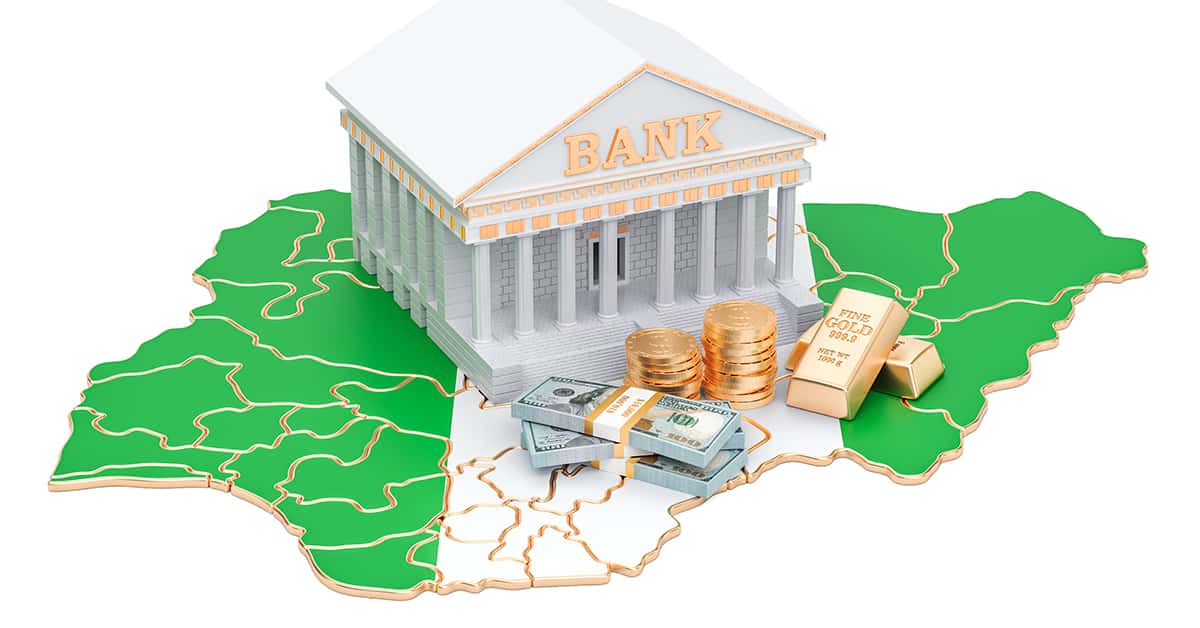Shifting to a holding company allows the parent company to coordinate and manage all the units.

Zenith Bank, one of Nigeria’s Tier 1 lenders, is the latest addition to financial holding companies, after obtaining the central bank’s approval for its Zenith HoldCo in March.
Such a move helps banks diversify their portfolio and earnings while protecting their core banking operations, according to an industry analyst.
With this move, Zenith joins the league of First Bank of Nigeria, which adopted the name FBN Holdings; First City Monument Bank, now known as FCMB Group; and Stanbic IBTC Bank, now known as Stanbic IBTC Holdings, which were the first Nigerian lenders to adopt the holding company structure.
The moves align with a guideline issued by the Central Bank of Nigeria (CBN) in 2014 after it canceled universal banking licenses due to abuse by lenders. The CBN gave banks two options: remain in the core banking business or go into financial holding services.
The guideline states, “A financial holding company is nonoperating where it exists solely to carry out investment in approved subsidiaries without engaging in the day-to-day management of same.”
“That diversification is an advantage to the parent company,” says an official at one of the three banks that obtained the license first but was not authorized to speak to the press. “It helps you to diversify your portfolio into different financial services areas that give you the bottom line at the end of the day.”
He knows of a lender that ran into trouble due to exposure to the power, oil and gas sectors that created nonperforming loans beyond permissible levels, noting that the banking group kept paying its dividends throughout the period.
The option of shifting to a holding company is a positive development for the banking industry, he explained, noting the advantage is that the parent company can coordinate and manage all the units.
“If you are into one line of business and there is a problem in that sector, it will affect you for that particular year. But when you have various types of financial services, if one is not doing well, it may be affected by macroeconomic factors; others could be doing well.”



